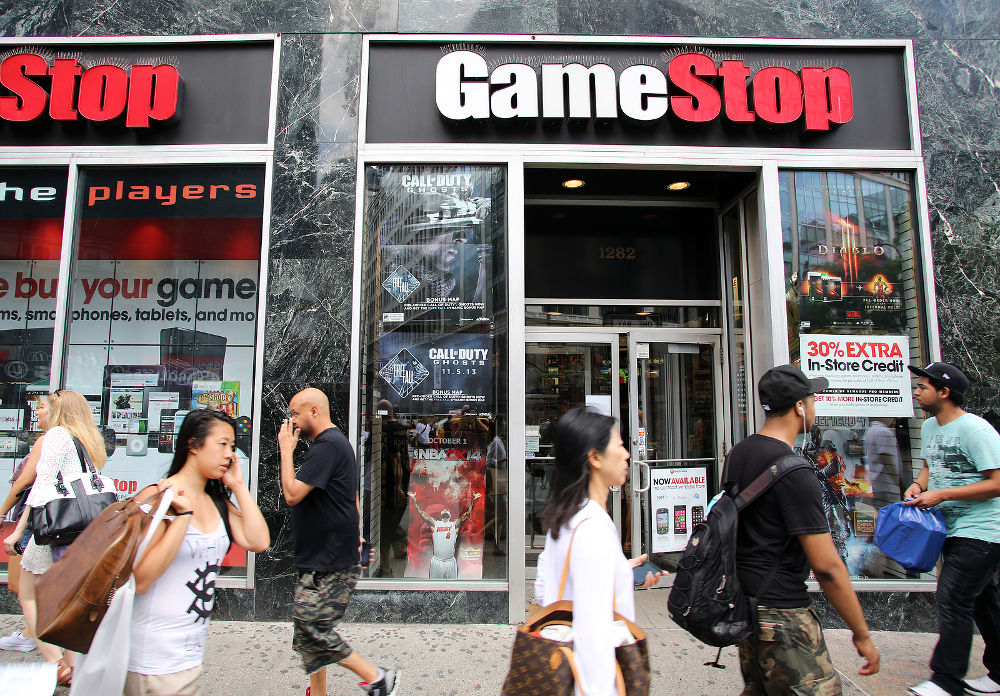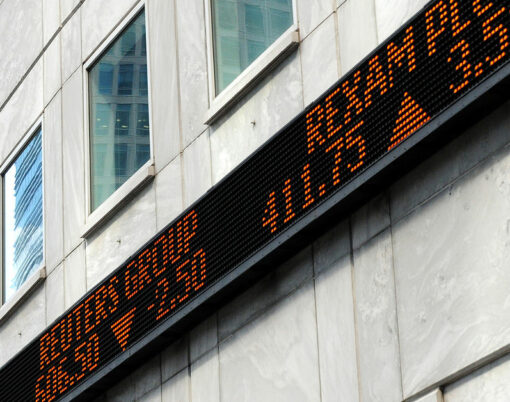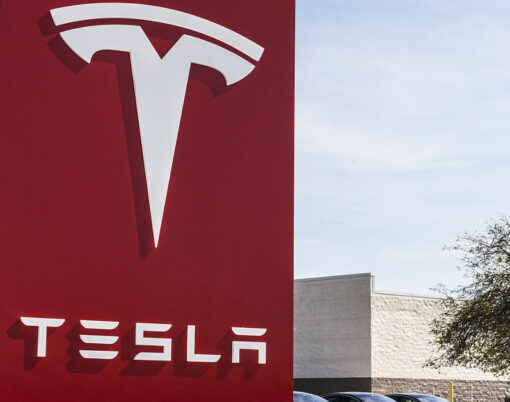Few tales in the world of finance have captivated the attention of both investors and the general public quite as completely as the story surrounding GameStop stock. Before experiencing financial difficulties, GameStop was a failing physical retailer in the video game business. However, in early 2021, a group of retail investors banded together to propel GameStop’s stock price to previously unheard-of levels of interest.
Despite the initial frenzy subsiding, GameStop continues to be a hot topic among investors, particularly those who thrive on high-risk, high-reward ventures. In the realm of investing, certain stocks hold a special allure, and GameStop (NYSE: GME), a company that has been a key player in the ‘meme stock’ trend, is a prime example.
Understanding the fluctuations of GME stock is crucial for any investor considering venturing into this arena of high risk and high returns. In recent times, speculative trading and a surge in call option bets on GameStop’s shares (Yahoo Finance) have triggered significant movements in the company’s stock, with a rapid rise of over 35 per cent in a short span of time.
GameStop’s recent performance
Wall Street is expecting GameStop to report a healthy fourth quarter of the fiscal year, with an expected EPS of $0.30. However, revenues for the quarter are predicted to drop by about 8 per cent from the same period a year earlier to $2.05 billion.
More positive revenue estimates, impacted by the video game industry’s growth in 2023 and GameStop’s standing as a prominent retailer, might surprise investors.
Updates on the company’s changed investment strategy and the quarterly disclosure of shares registered with Computershare, the transfer agent, are also noteworthy topics that could influence GameStop’s share performance.

Selling, general, and administrative (SG&A) expenses are a crucial area to monitor. Reductions in this sector could be the cause of any earnings beat. For instance, GameStop reported $401.8 million in SG&A spending in October 2022. Under the leadership of CEO Ryan Cohen, this amount dropped to $310.8 million a year later, indicating an emphasis on operational efficiency and thrift.
The possible surprise may come from higher-than-expected revenue estimates for GameStop’s fourth quarter. According to data from the U.S. video game industry, sales of consoles hit $7.91 billion during the holiday season in 2023, propelling growth from $56.6 billion to $57.2 billion.
Understanding the volatility
With an Efficiency (Sharpe) Ratio of -0.0862, GameStop Corp. demonstrated a -0.0862 per cent return on risk over the last three months. GameStop Corp provides access to twenty-four distinct technical indicators that can be used to assess the volatility present in the company’s price movement. To verify the risk estimate on offer, you only need look at GameStop Corp’s market risk adjusted performance of (0.29), standard deviation of 3.93, and risk adjusted performance of (0.06).
Companies like GameStop Corp can profit from volatility, because they give investors entry points to profit from stock prices, and for investors willing to take the long view, declining market volatility can present ideal conditions. In this case, they can purchase more GameStop Corp. shares at a discount. An investor could, for instance, buy GameStop stock that has recently experienced a 50 per cent price reduction. When the markets normalise, this will reduce the average cost per share and improve the performance of their portfolio.
Similarly, investors can sell out of GameStop Corp. stock when its price rises and use the cash to purchase other stocks that offer greater prospects. Better valuations and more unpredictable markets provide investors and firms with the chance to earn higher long-term profits.

The role of leadership
After activist investor Cohen acquired a sizeable position in GameStop in 2020, the business has experienced numerous departures from its C-suite. GameStop has a strict equity ownership policy requires executives and directors to maintain a major position in the company’s common stock.
This policy may have contributed to the recent departure of the previous CEO, CFO, and other executives. The company’s dedication to shareholders and Cohen’s strict adherence to the “skin in the game” approach have won over retail investors and strengthened GameStop’s loyal following. The strict ownership policies that GameStop’s board has implemented – many of which are above the typical expectations of Wall Street executives – were put in place due to Cohen’s widespread influence.
GameStop’s executive ownership strategy is indicative of the company’s dedication to its shareholders and the maintenance of a high share price. And because of their dedication, the company has been able to keep the majority of the retail investors who have been buying the stock so passionately over the last few years.
The bottom line
GameStop currently trades slightly below par in EV/S and P/S, but otherwise, its multiples are significantly different from industry averages. However, this is somewhat concerning, as these low multiples likely reflect the company’s muted outlook for revenue growth in the face of a history of declining yearly sales.
Even now, it’s questionable if investors should base their investment thesis solely on value multiples, given the weak correlation that has recently been observed between GameStop’s trading success and valuation.
Disclaimer: Investing money carries risk, do so at your own risk and we advise people to never invest more money than they can afford to lose and to seek professional advice before doing so.






















